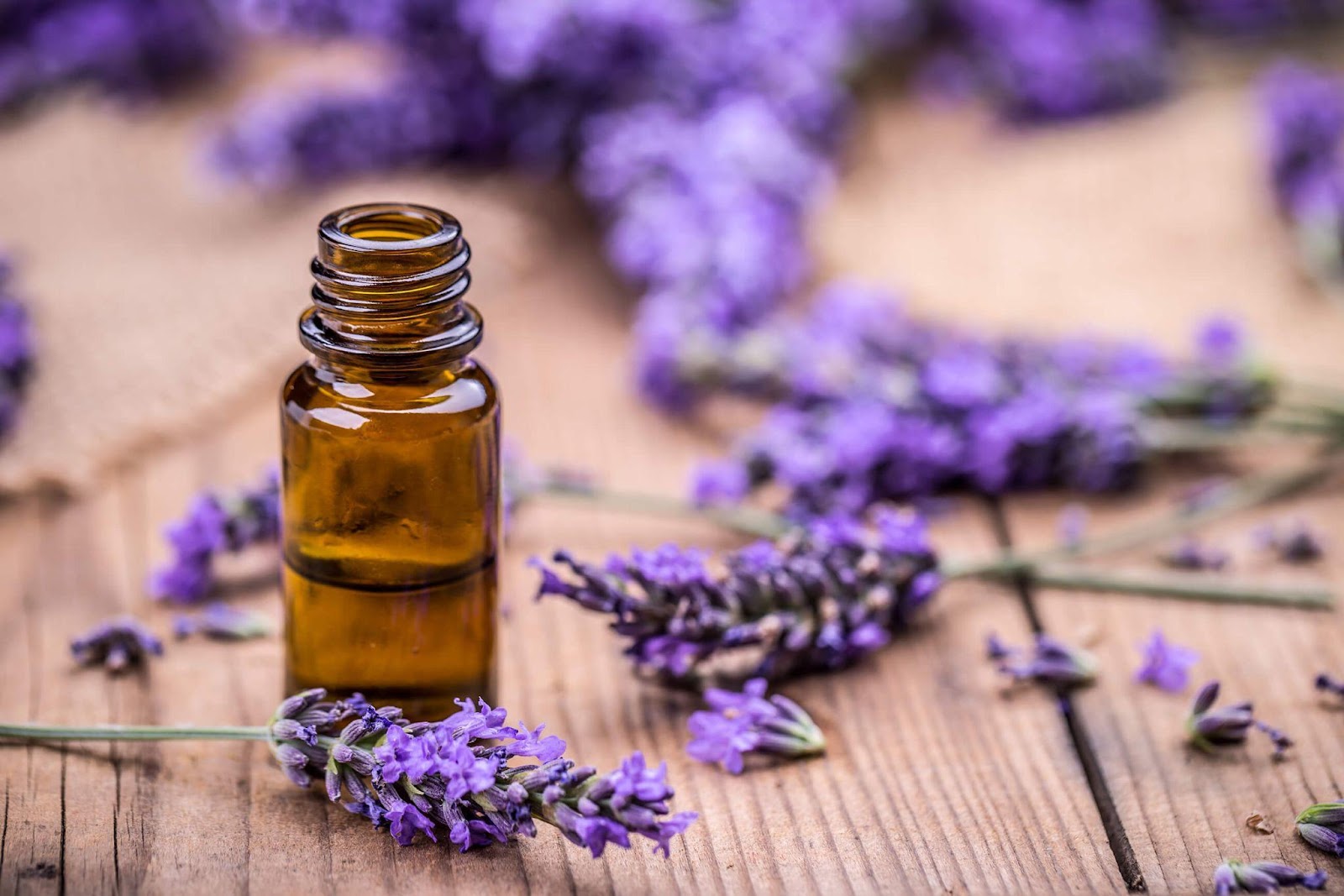The skin advantages of lavender oil are many. The lavender essential oil was used to cure skin and health conditions by many ancient civilizations. It contains antibacterial, antioxidant, and anti-inflammatory properties and is widely used to relieve skin irritation. As a result, lavender gift basket has become a prefered option for the loved ones care.
Continue reading to discover the skin advantages of lavender oil, how to apply it, and any potential adverse effects.
What Exactly Is Lavender Oil?
Lavender oil is extracted from lavender flowers and has been used as a medicinal agent for ages. Aromatherapy mostly uses oil as a sedative, antidepressant, and therapeutic preparation. Lotions, soaps, bath gels, cleansers, toners, and other skincare products frequently contain it.
Lavender oil is high in phenolic compounds and contains antioxidants. Anti-inflammatory effects are also found in oils derived from many kinds of lavender. However, the usefulness of lavender oil is primarily determined by the extraction processes used. For example, the oil extracted using supercritical CO2 contains higher antioxidants and topical advantages than the oils extracted using distillation and hexane.
Here are some of the skin advantages of lavender oil.
The Skin Benefits of Lavender Oil
1. Antibacterial & Antifungal Properties
Lavender oil has antibacterial capabilities against a variety of bacteria, including P. acnes and S.aureus, which cause acne and other skin problems. It also contains antifungal characteristics and is efficient against Candida albicans, which may aid in the treatment of skin infections caused by different strains of candida.
2. Has Aromatherapeutic Properties
Inhaling lavender essential oil can help to relieve tension, anxiety, and sadness, while also improving your mood.
3. Diminishes redness
Lavender oil can help lessen the redness and difficulties associated with episiotomy recovery (incision on the vagina during childbirth). The oil was discovered to aid healing at the surgical site.
4. Deals with Inflammatory Conditions
The lavender essential oil may aid in the management and prevention of inflammatory skin disorders such as psoriasis and eczema.
5. Aids in Wound Healing
Lavender oil may aid in the healing of burn wounds, insect bites, injuries, abrasions, and other skin problems. It encourages the creation of new cells and the regeneration of damaged skin tissues.
6. Lowers Inflammation
Inflammation manifests as redness, heat, swelling, and pain in the body. Lavender oil, both topical and oral, lower swelling and inflammation. The oil extracted from Lavandula stoechas and Lavandula luiseri (varieties of lavender) reduces the formation of the molecule nitric oxide, which is a component of the body’s inflammatory response system that causes inflammation.
7. Protects against oxidative damage
Antioxidants are found in lavender oil. They can reduce the generation of free radicals, which causes inflammation, UV damage, photoaging, and skin damage.
It’s also used as a natural preservative in cosmetics. Essential oils should be used with caution because they might cause skin discomfort.
Here’s how to apply lavender oil to your skin.
Dosage And Preparation For Using Lavender Oil On Your Skin
Lavender oil should be used sparingly because excessive amounts might irritate the skin. The following are the dosing instructions:
- Inhale the vapors of 2-4 drops of oil in 2-3 glasses of boiling water for aromatherapy.
- Bathe in a warm bath with approximately 6 drops of lavender oil.
- Mix 1-4 drops of lavender oil per tablespoon of any carrier oil for topical use (coconut, jojoba, argan, olive, or castor oils).
A few drops of lavender oil can also be added to face masks, creams, moisturizers, and other skincare products. While it is harmless, there are a few negative effects to be aware of.
If you are pregnant, avoid using essential oils during your first trimester because they may expose the fetus to hazardous compounds. After that, only use lavender oil for aromatherapy and avoid ingesting or applying essential oils physically during your pregnancy.
Risks of Lavender Oil: Safety
According to a recent study, lavender oil includes linalyl acetate, which may be harmful to human skin cells. Uncontrolled use of lavender oil may cause:
- Skin discomfort and contact dermatitis
- Skin discoloration and photosensitization
- Before purchasing items containing lavender essential oil, always perform a patch test.
One of the best oils for skin care is lavender oil, its antibacterial, anti-inflammatory, and anti-oxidant. Lavender oil has various skin advantages, including the ability to control skin infections, fight acne-causing germs, enhance wound healing, and reduce skin irritation. You can use lavender oil topically as well as for aromatherapy. However, lavender oil should only be used in inconsiderable amounts because it can cause skin irritation if used in larger amounts. Before incorporating it into your everyday skincare routine, it is essential to perform a patch test.
Final Words
Lavender oil has many skin-care applications. It naturally decreases inflammation and discomfort and cleans the skin’s surface. Lavender oil can be applied to your face, legs, and hands as the best choice of self care ideas.
Stop taking the oil and consult a doctor if you have any negative effects, such as a skin rash.



